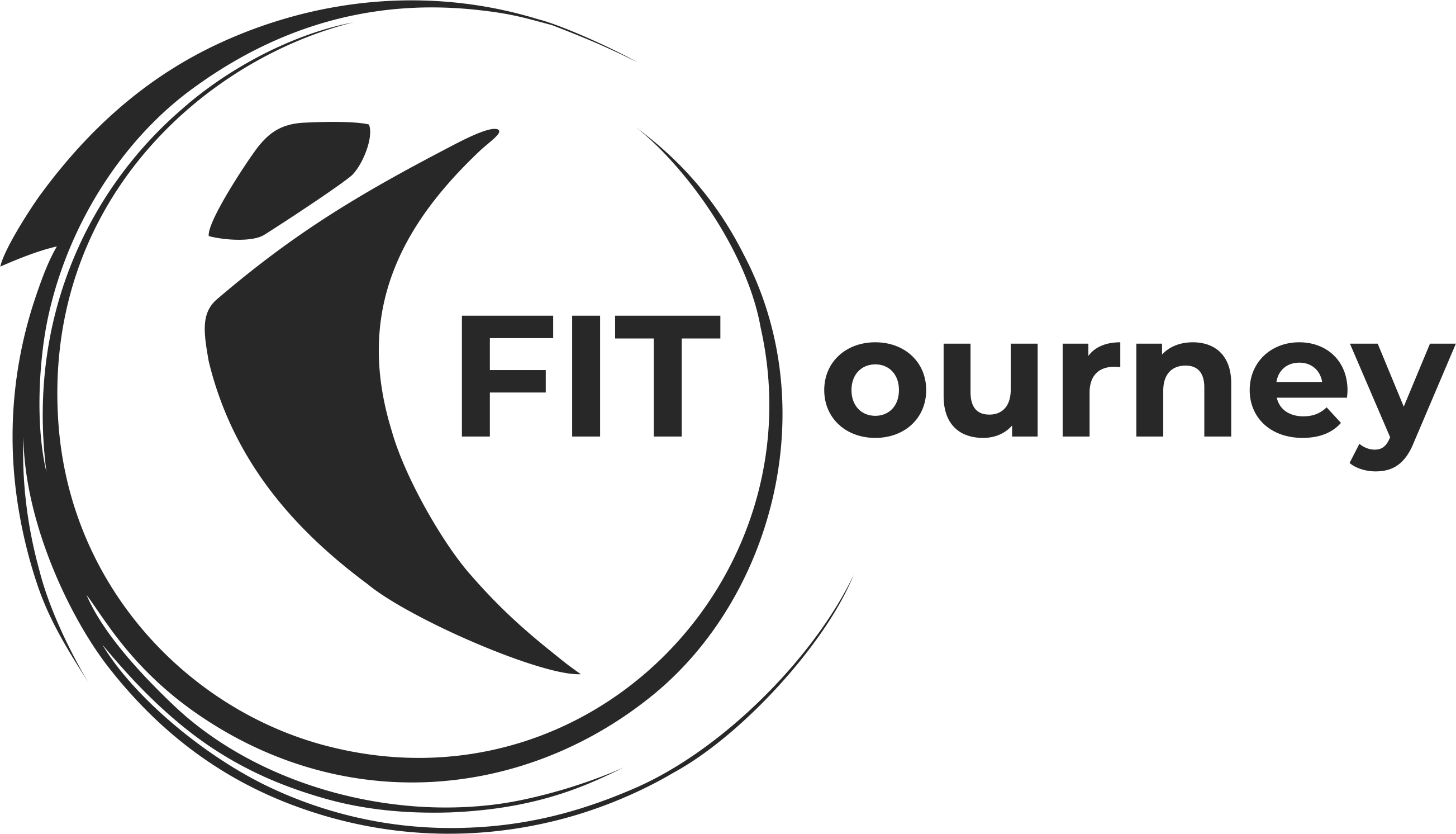Losing weight or losing fat is the biggest confusion among many exercisers. While fat loss and weight loss are often similar terms, there are a few subtle differences between them.
Weight loss refers to the decrease in overall body weight including water, muscles and fat. Whereas, fat loss refers to losing weight from fat. An individual should always focus on losing fat as it is more specific and healthy.
However, it is difficult to know whether we are losing weight from fat or muscles.
What should you focus on, weight loss or fat loss?
Whether losing weight or losing fat, it completely depends on your exercise program and diet routine.
Losing weight does not necessarily mean losing fat. A person with an optimal range of weight could carry more visceral and subcutaneous fat. On the other hand, fat loss does not mean weight loss. A person can become toned, ripped and muscular without losing as much weight as you think.
For improving one’s health, fat loss is important. When your body fat is in the range you can remove yourself from problems like heart disease, stroke and diabetes.
There are several exercise programs that give a good amount of weight loss in a short period of time. However, it is important to realize that a significant amount of weight loss also includes water weight and muscular weight.
Losing muscles is bad for anyone as it is a vital component of your body.
Maintaining a healthy amount of muscles has several benefits such as healthy blood sugar levels, maintaining healthy fat levels etc.
Maintaining a healthy muscle mass also reduces the chance of getting degenerative diseases like arthritis and osteoporosis which results in severe joints pain and inflammation.
Additionally, muscle is a metabolically active tissue. The more muscle mass you have, the more calories you burn at relative rest.
Consequently, muscle loss can decrease the number of calories you burn at rest, making it easier to regain the fat weight you have lost.
How to lose fat without losing your muscles?
There are some smart ways you can follow to ensure losing weight from fat without losing muscles.
Eat a high-protein diet: Protein is an important macronutrient. It helps to form enzymes that help in digestion and energy production. It also supports immune health.
Protein is also important for new muscle growth and maintaining old muscles when losing weight. The amount of protein differs depending on age, health, gender and physical activity.
A normal person needs 0.8/1 gm of protein per kg of body weight to fulfil daily protein requirements, while an athlete irrespective of any sport needs 2 gm of protein per kg of body weight. Especially a person who engages in a weight-lifting routine.
Incorporating exercise into a daily routine: Exercise is the best and most effective way to lose fat without losing muscles.
A smart exercise program with the involvement of weight training and cardio will help you to achieve your desired fat loss goal without losing muscles.
Exercise alone though does not help. Exercising with a high-protein diet gives you effective results and helps to optimize your results.
Follow a low-calorie diet: A calorie deficit is important to get weight loss. You can create a deficit by consuming lower calories through food and burning more calories in your workout or throughout the day.
However, an excess calorie deficit will lead you to greater muscle loss than fat loss.
Instead, start reducing calories gradually by 400-600 a day to minimize muscle loss. You can reduce calories by choosing smart food options such as fruits, vegetables, lean protein foods, whole grains and low-sugar foods or drinks.
How to check fat loss: A reduction in weight on a weight scale does not necessarily mean fat loss. Losing fat is a complex process, which can be achieved by proper exercises with the help of proper nutrition and proper rest. There are several ways to monitor fat loss:
A body fat scale or a skin-fold calliper test is useful to track your fat loss.
Taking body measurements with an inch of tape also helps to monitor fat loss.
In this technologically advanced world, one can use DEXA (dual x-ray absorptiometry) scanning to get accurate results on fat and muscles in the body.
Conclusion
Weight loss refers to an overall reduction in weight. It includes water, muscles and fat. Whereas, fat loss refers to weight loss from fat mass only. Losing weight from fat should be prioritized rather than muscles.
Fitourney recommends you incorporate a regular exercise program (weight training, cardio and flexibility training) with a highly nutritive diet and enough rest to achieve your desired fat loss goal!


